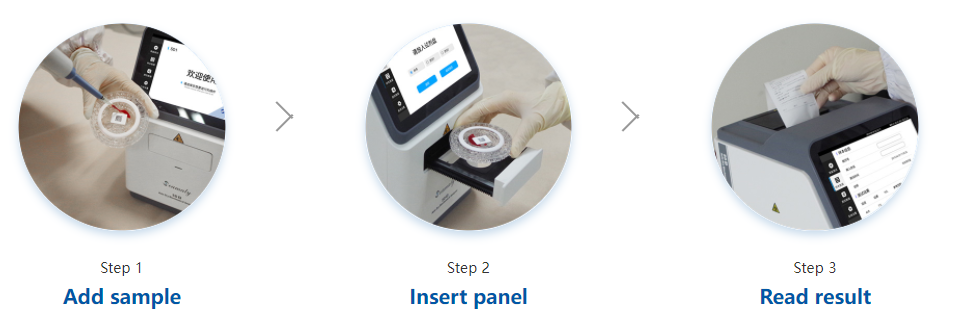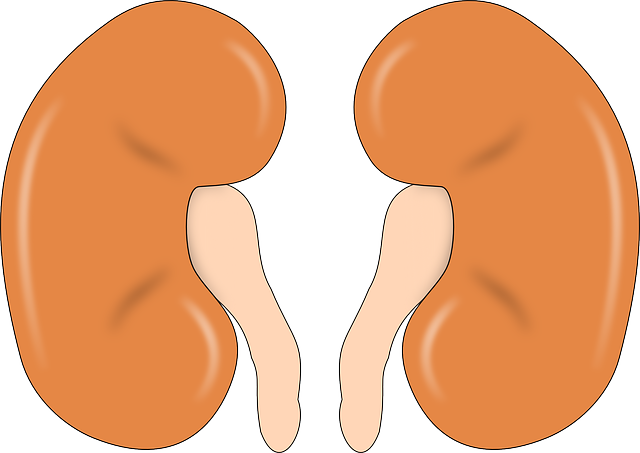Biochemistry analyzer, one of the most commonly used instruments in the daily work of veterinary hospitals, how to choose a biochemistry instrument and what are the key factors to consider?
1. The test results should be accurate
Choose the instrument, the most important thing is of course the accuracy of the data. The level of accuracy and the core technology behind the instrument is closely related. Biochemistry analyzer has a "dry" and "wet" type. Wet biochemistry means that all reactions are carried out in liquid. The term "dry" is relative to the term "wet". Dry is a method in which the liquid in the sample is used as the reaction medium, and the analyte reacts directly with the dry reagent cured on the carrier.
Dry biochemical development for many years, the technology has been very mature. The dry chemistry type biochemistry analyzer is very flexible in its use. It can be used in hospitals, clinics, emergency clinics, etc. Moreover, because the dry chemistry analyzer does not use liquid reagents, the instrument is relatively simple in construction, small in size, light in weight, and simple in operation. Dry chemistry analyzer is more suitable for POCT.
SMT-120VP is a multi-functional automatic animal biochemistry analyzer. The instrument achieves miniaturization and automation of the biochemical analysis platform through micro-controlled flow technology. The SMT-120VP can detect routine biochemical tests, coagulation tests, blood gas and electrolyte tests, and inflammation tests in dogs and cats. These can well help veterinarians to make a diagnosis.
The instrument is operated automatically throughout the whole process, with online fault diagnosis and network upgrade reminder function, with intelligent quality control system, which can ensure the accuracy and reliability of test results. And the reagent tray adopts micro-flow control technology with precise internal independent channel design to effectively avoid cross-contamination and ensure that the reagent reaction is not interfered by other substances.
2. The amount of blood samples should be small
Do you often encounter difficulties in blood collection due to too small pets? Is there any pet owner feedback that the blood collection volume is too large and painful for the pet? Or encounter "thin skin blood less" of exotic pets?
The Seamaty SMT-120VP fully automated biochemistry analyzer is designed to take small volumes of blood, with only 100ul of sample, and supports whole blood, plasma or serum. It helps vets and pet owners to solve the problem of difficult blood collection.
3. Operation should be simple
Blood samples need to be centrifuged? Do you need to increase the cost of the test if you use whole blood? Do you need a centrifuge for biochemistry?
None of this is necessary. The Seamaty SMT-120VP Biochemistry Analyzer requires only three steps.
-
① Add the sample
-
② Place the reagent tray
-
③ Read the report

4. The less maintenance work, the better
The Seamaty SMT-120VP Biochemistry Analyzer has no liquid circuit, pump valve or other consumable parts. A single reagent tray supporting the use of cleaning-free, maintenance-free. Moreover, the instrument is operated automatically throughout the whole process, with online fault diagnosis and network upgrade reminder functions, helping you to master the operation of the instrument in real time.


